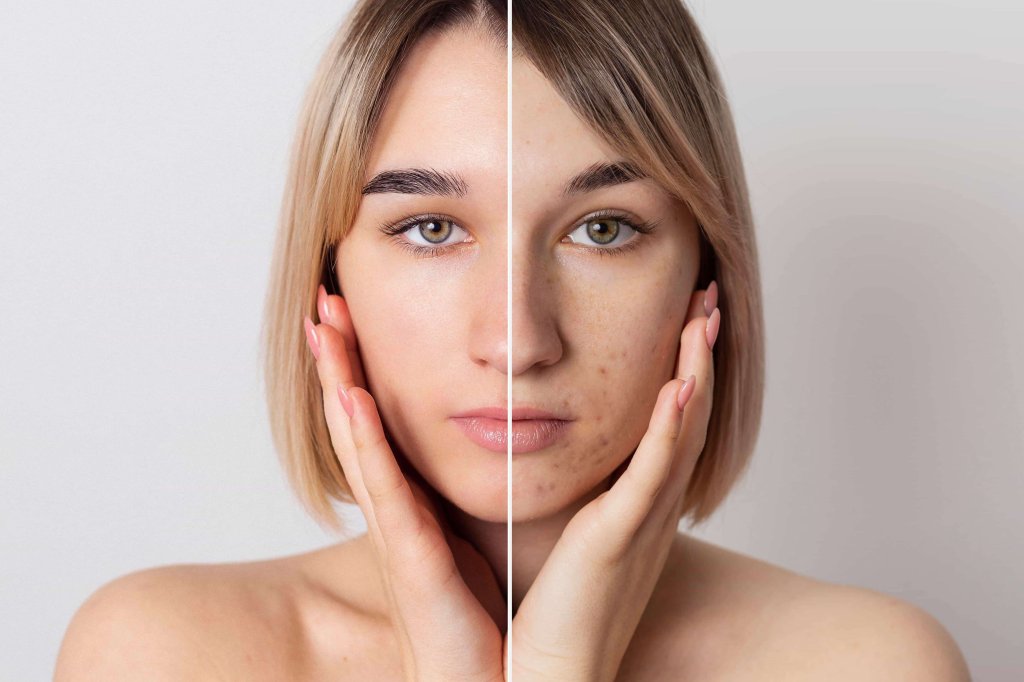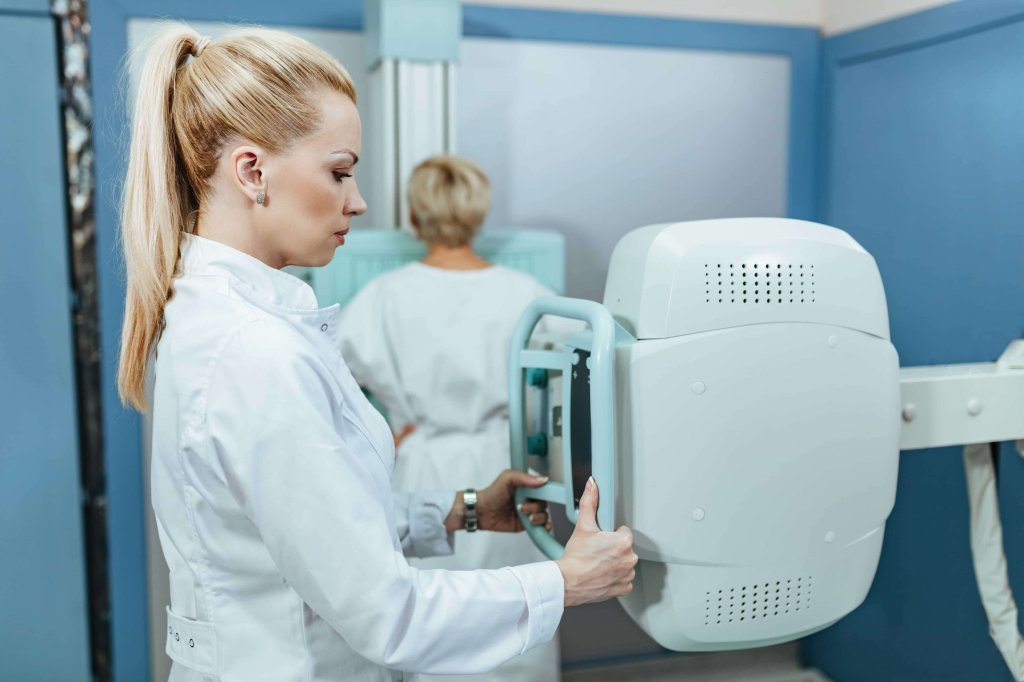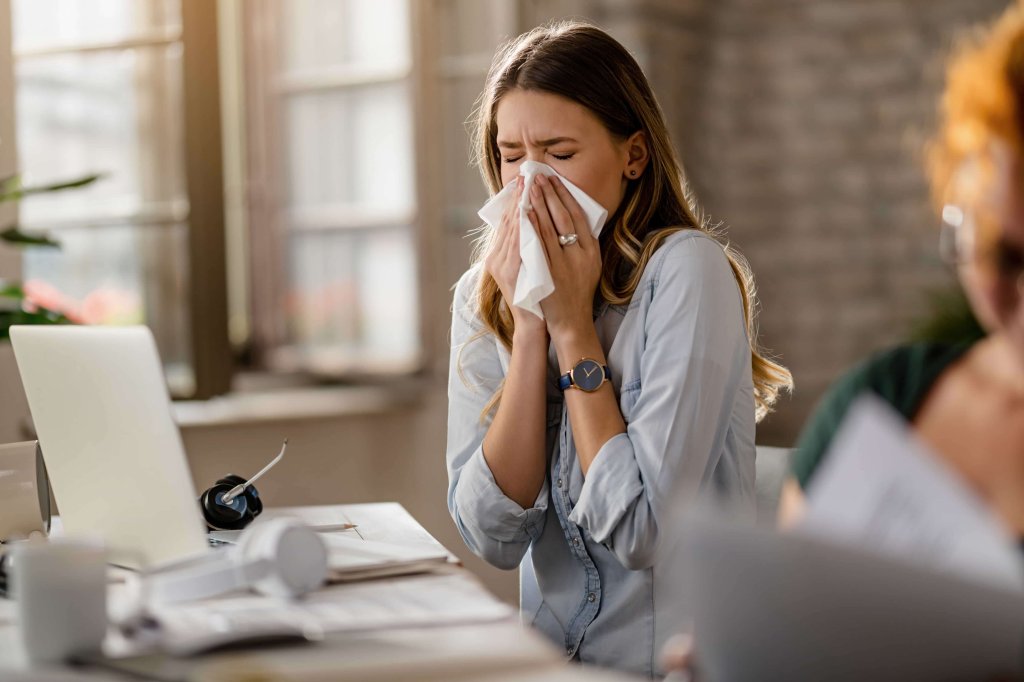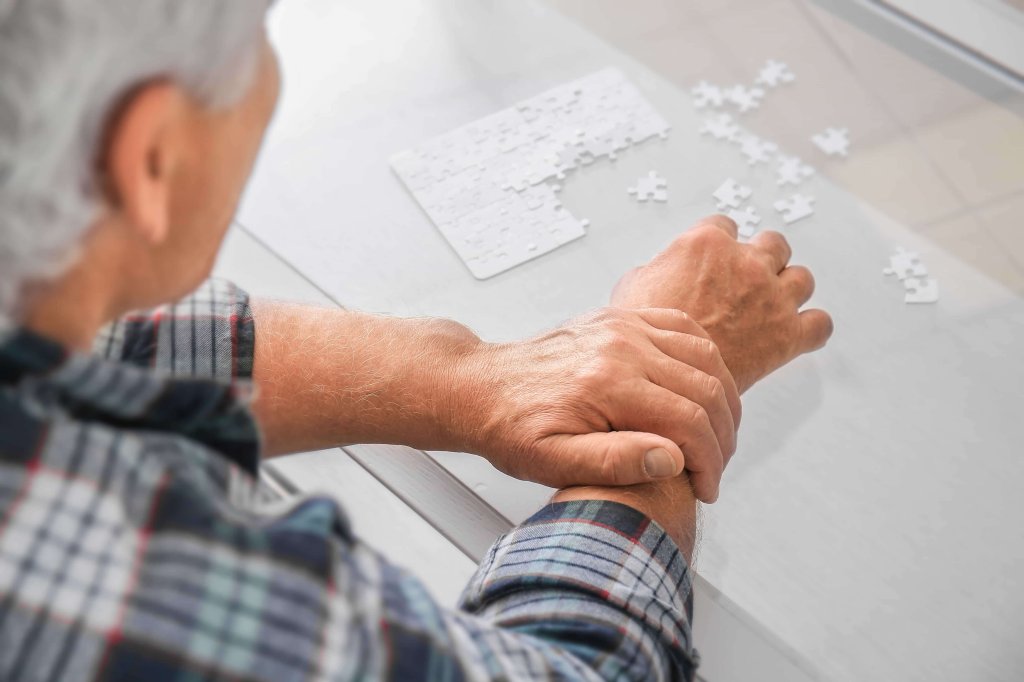Acne is a common skin condition caused by clogged oil glands in the skin and typically emerges during adolescence. However, it is not just limited to teenagers; adults often experience it as well. So, what exactly is acne, and why does it occur? The answer lies in various factors that influence our skin and lifestyle. The main causes of acne include hormonal changes, dietary habits, stress, and skin hygiene. During adolescence, hormonal changes increase oil production in the skin, leading to the formation of acne.
The Effect of Hormonal Changes on Acne
Hormonal changes are one of the most common causes of acne. The hormonal fluctuations experienced during adolescence increase the skin's oil production, leading to clogged pores and acne formation. These hormones cause the skin to produce more sebum, which blocks the pores and causes inflammation. However, hormonal changes can cause acne not only during adolescence but also during pregnancy, menstrual cycles, or in adults with hormonal imbalances.
The Relationship Between Dietary Habits and Acne
Dietary habits play a significant role in acne formation. Excessive consumption of oily and sugary foods can disrupt the skin's oil balance, triggering acne formation. In particular, the consumption of dairy products and high glycemic index foods can increase the risk of acne. Therefore, a balanced and healthy diet is considered an important step in acne treatment. Consuming foods rich in antioxidants can improve overall skin health and reduce acne formation.
The Negative Impact of Stress on Acne
Stress has become a part of modern life and has many negative effects on our bodies. Stress can lead to hormonal changes in the body, increasing oil production in the skin, which can cause acne formation. Stress can also increase inflammation in the skin, worsening existing acne. Managing stress through relaxation exercises and stress management techniques can effectively reduce the risk of acne.
The Importance of Skin Hygiene
Skin hygiene plays a crucial role in preventing acne formation. Regular cleaning of the skin is necessary to prevent clogged pores. It is recommended that individuals with oily skin cleanse their skin twice a day, in the morning and evening. During skin cleansing, it is advisable to use gentle cleansers suitable for your skin type rather than harsh soaps or abrasive products. Additionally, makeup should not be left on the skin for extended periods, as this can lead to clogged pores and acne formation.
How to Get Rid of Acne? Effective Treatment Methods
Acne treatment varies depending on the individual's skin type and the severity of the acne. While mild acne can typically be controlled with at-home skincare routines, more severe cases may require the intervention of a dermatologist. So, how can you get rid of acne? Here are effective acne treatment methods:
Acne Gels and Creams: Over-the-counter acne gels and creams can help dry out pimples and prevent new ones from forming. These products regulate the skin's oil balance and prevent clogged pores.
Natural Acne Solutions: Natural oils, herbal masks, and homemade skincare products can be effective against acne. For example, tea tree oil can reduce acne due to its anti-inflammatory properties.
Dermatologist Recommendations: In severe acne cases, dermatologist-recommended medications and treatment methods may be more effective. Dermatologists can create a treatment plan tailored to your skin type, helping reduce acne and scars.
How to Get Rid of Acne Scars and Spots?
Acne scars and spots result from changes in skin pigmentation and can persist even after acne treatment. However, with the right treatment methods and products, acne scars can be reduced, and skin tone can be evened out. Scar removal creams, laser treatment, and microdermabrasion are methods that can help reduce skin spots.
Why Do Pimples Appear in the Genital Area and on the Back?
Acne can appear not only on the face but also on other parts of the body. The causes of pimples in the genital area and on the back are usually related to clogged pores and overactive oil glands. Genital pimples can result from sweating and the sensitive skincare needs of this area, while back acne is often associated with clogged pores. To treat pimples in these areas, appropriate skin cleansing and treatment methods should be determined in consultation with a dermatologist.
Acne is a common skin condition caused by various factors. Hormonal changes, dietary habits, stress, and skin hygiene are all contributors to acne formation. Treatment methods include acne gels, natural remedies, and dermatologist recommendations. Consulting a specialist to determine the right treatment method for your skin type and acne severity is always the best course of action.
This page content is for informational purposes only and provides general information about general health topics. The information presented here is not intended to evaluate your individual medical condition or provide treatment recommendations from a health professional. If you have any concerns or symptoms related to your health, please consult a healthcare professional for a definitive diagnosis and treatment. Avoid applying treatment or management strategies on your own before obtaining professional medical advice for any health issue.




